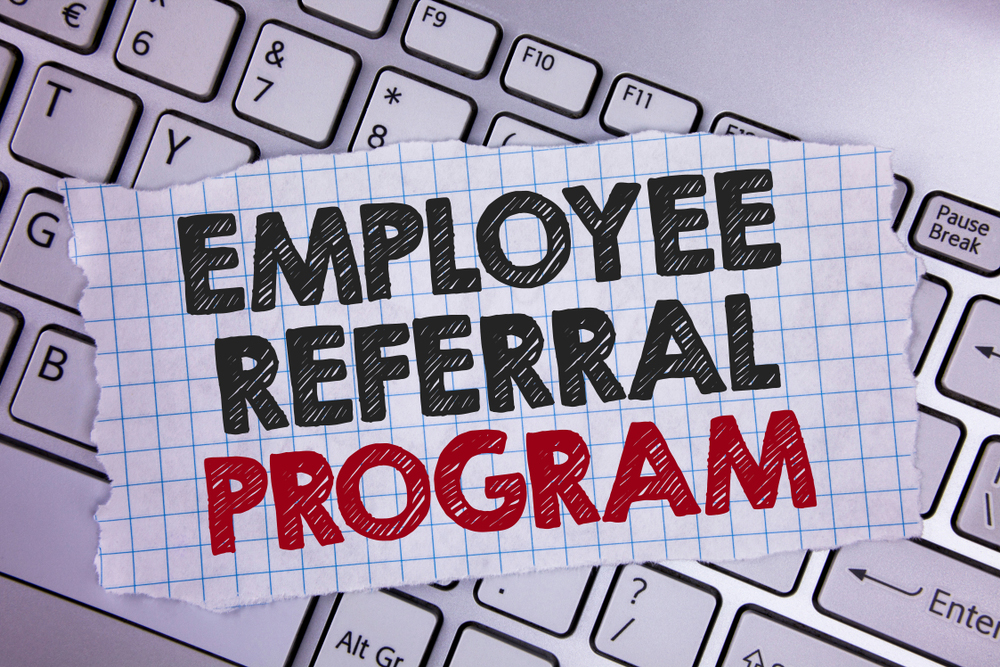Proven Tactics to Boost Lead Generation in the Moving Industry
The moving industry, characterized by its dynamic nature and intense competition, requires strategic maneuvering to stand out. Traditional marketing methods have given way to more innovative and targeted strategies in the digital age. For moving companies to thrive, it’s crucial to adopt high-impact lead-generation tactics.

This article delves into effective strategies that can transform the way moving companies attract and retain customers.
Understanding The Moving Industry Market
Before diving into specific tactics, it’s essential to grasp the unique challenges and opportunities within the moving industry. The market is highly seasonal, with demand peaking during specific times of the year. Furthermore, customers seeking moving services often face time constraints and stress, looking for reliable and swift solutions.
Furthermore, customers seeking moving services often face time constraints and stress, looking for reliable and swift solutions. Word Of Mouth Movers, a local moving company in Austin cited lead generation as their number one business challenge which is why effective lead gen is so important.
To effectively cater to this clientele, long-distance movers like ThreeMovers, MarketWatch, etc. must possess a profound insight into their behaviors and preferences. This involves recognizing the emotional and practical aspects of moving, from the urgency of scheduling to the desire for a hassle-free experience. Tailoring services and communication strategies to meet these specific customer needs and expectations is crucial for success in the moving industry.
In the competitive landscape of relocation, long-distance movers stand out by addressing unique customer needs tied to the challenges of moving across vast distances. These companies prioritize clear communication, efficiency, and reliability to alleviate the stress commonly associated with such a move.
Lead Generation Tactics For The Moving Industry
After understanding the moving industry market, the next step is getting familiar with high-impact lead-generation tactics for this field. These tactics may include:
Leveraging Digital Marketing
In today’s digital-first world, moving companies must establish a strong online presence. This begins with a well-designed, user-friendly website that reflects the brand’s professionalism and reliability. Search engine optimization (SEO) is also crucial for increasing visibility in search engine results. Additionally, incorporating marketing strategies for moving companies into your digital marketing plan is pivotal. It ensures customers can easily discover relocation services when potential clients are actively seeking moving solutions.
Social Media Engagement
Social media platforms present an opportunity for moving companies to forge meaningful connections with their audience. Utilizing platforms such as Facebook, Instagram, and LinkedIn, these businesses can vividly showcase their services, share customer testimonials, and engage actively with their online community.
This social media engagement is further amplified through targeted advertising and a consistent stream of compelling content tailored to resonate with the audience’s needs and interests. By doing so, moving companies can cultivate a dedicated following, elevate their brand presence, and efficiently convert this online engagement into tangible leads.
Content Marketing
Content marketing is the cornerstone of establishing a moving company as an industry authority. Companies can capture the attention of their target audience. By creating and disseminating insightful content such as informative blogs, practical guides, and appealing infographics. This content, meticulously crafted to address frequently asked questions, can provide valuable moving tips, explore current industry trends, and attract potential customers.

By offering such enriching and relevant information, moving companies can educate their audience and build trust, positioning themselves as the go-to experts and enticing potential clients to seek their services.
Email Marketing
Email marketing remains a potent tool for generating leads in the moving industry. It begins with accumulating a list of email addresses through various channels, including the company’s website. This list forms the foundation for sending personalized and timely communications to potential customers. Regular newsletters, exclusive offers, and informative updates about relocation services can keep the brand in customers’ minds.
This strategy nurtures a direct and personal connection with the audience, encouraging them to consider the company for their moving needs, owing to tailored and consistent communication.
Referral Programs
Referral programs capitalize on the power of word-of-mouth, a highly effective marketing tool in the moving industry. These programs encourage existing customers to recommend the company’s services to others, offering incentives such as discounts or exclusive benefits for referrals.

This approach generates new leads and reinforces customer loyalty. In an industry where trust is paramount, referrals from satisfied customers serve as a powerful endorsement, significantly boosting the company’s credibility and attracting new business through trusted and personal recommendations.
Networking And Partnerships
In the moving industry, forging strong partnerships and networks is key to unlocking new business avenues. Collaboration with real estate agents, property managers, and local businesses can lead to a fruitful exchange of referrals and joint marketing ventures.
Also, participating in local events, joining business associations, and proactive networking are vital steps in building these essential relationships. Such collaborations can broaden the company’s reach and provide access to a more diverse client base, thus opening up new channels for lead generation and business growth.
Pay-Per-Click Advertising
Pay-per-click (PPC) advertising is a strategic approach to driving immediate and targeted traffic to a moving company’s website. Platforms like Google Ads enable the targeting of specific keywords related to moving services, reaching potential customers precisely when they search for these services.

This method of advertising offers the benefits of exact targeting, control over ad spend, and the ability to track return on investment (ROI) effectively. It’s an invaluable strategy for lead generation, ensuring the company’s services are visible to the right audience at the right time.
Customer Reviews And Testimonials
Customer reviews and testimonials significantly influence a potential customer’s decision-making process. Encouraging satisfied clients to share their positive experiences on platforms like Google, Yelp, and the company’s website can significantly enhance its credibility.
Furthermore, showcasing these testimonials across various marketing channels portrays a positive image of the company and instills confidence in prospective customers. Positive feedback from previous clients is a powerful endorsement, attracting new customers seeking services backed by proven satisfaction and trust.
Analytics And Continuous Improvement
Monitoring and analyzing the effectiveness of lead generation strategies is crucial for continual growth and improvement. Utilizing tools like Google Analytics can provide invaluable insights into website traffic patterns, customer behaviors, and the performance of various marketing campaigns.
Regularly analyzing these metrics allows moving companies to refine and adjust their strategies to stay aligned with market trends and customer needs. This continuous process of assessment and adaptation is key to maintaining an effective lead generation strategy, ultimately leading to sustained success and a stronger market position.
Final Thoughts
Lead generation in the moving industry requires a multifaceted approach, blending digital marketing, personalization, networking, and customer engagement. By implementing these high-impact tactics, moving companies can increase visibility, build trust, and attract more customers. The key is to stay adaptable, monitor performance, and continually refine your strategies to align with the evolving market and customer needs.





